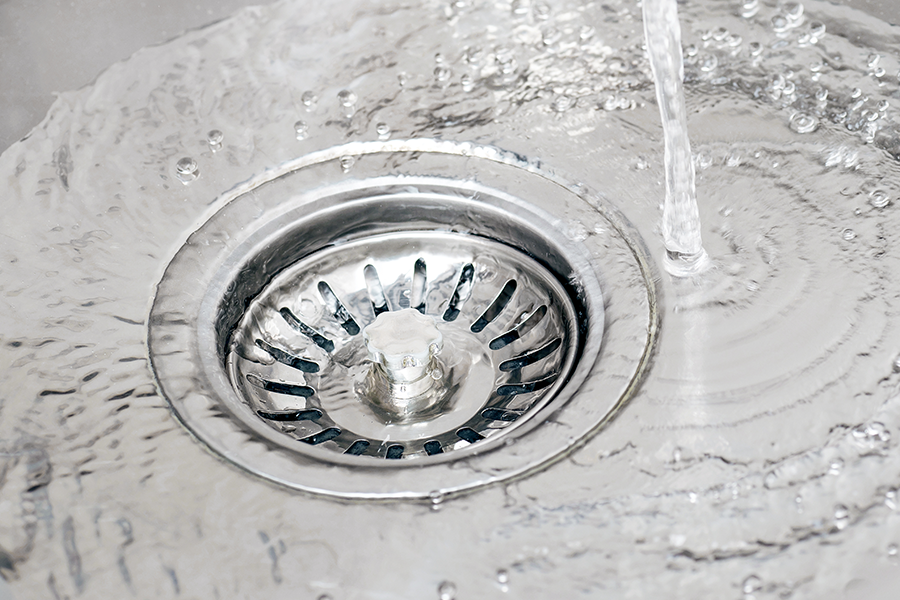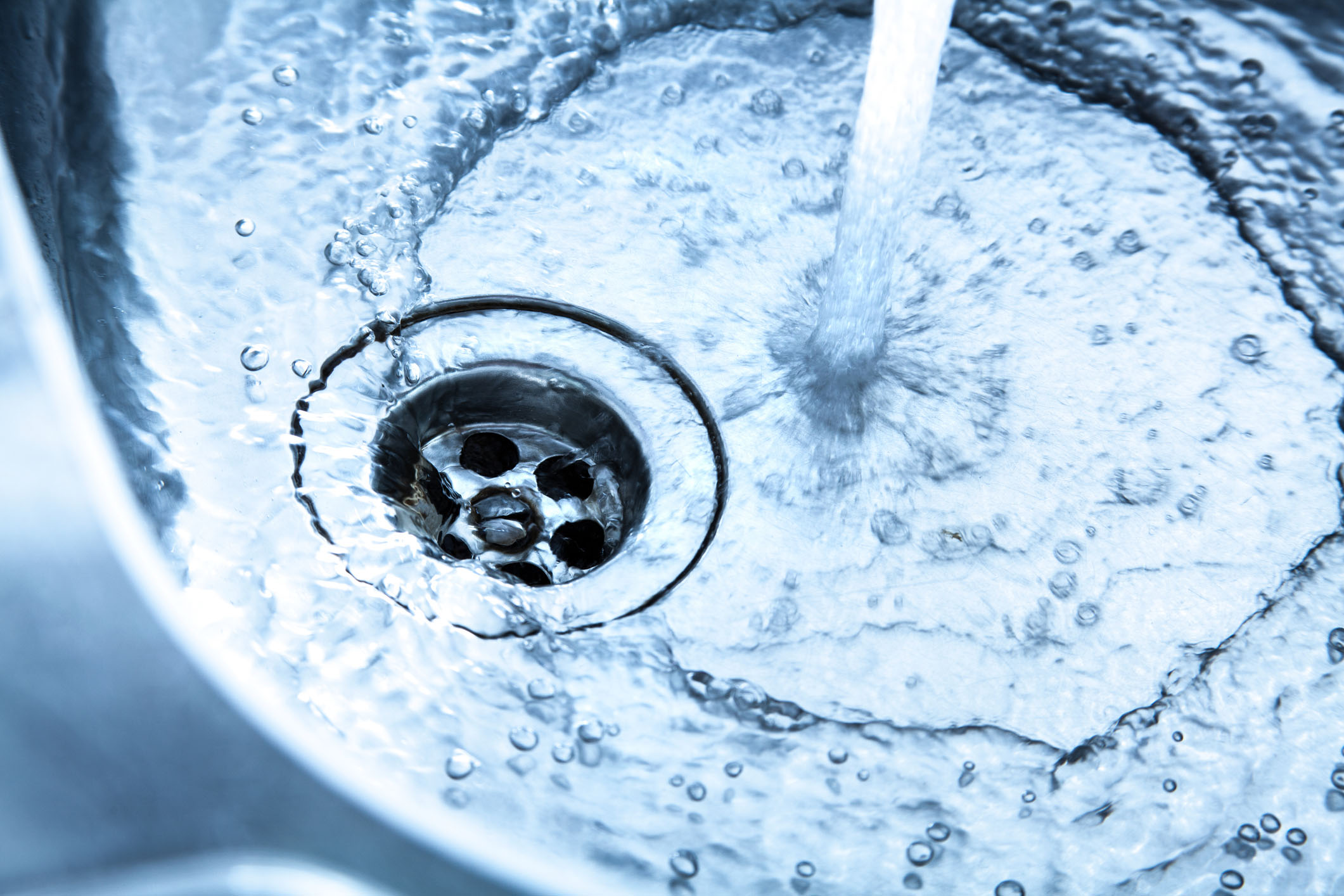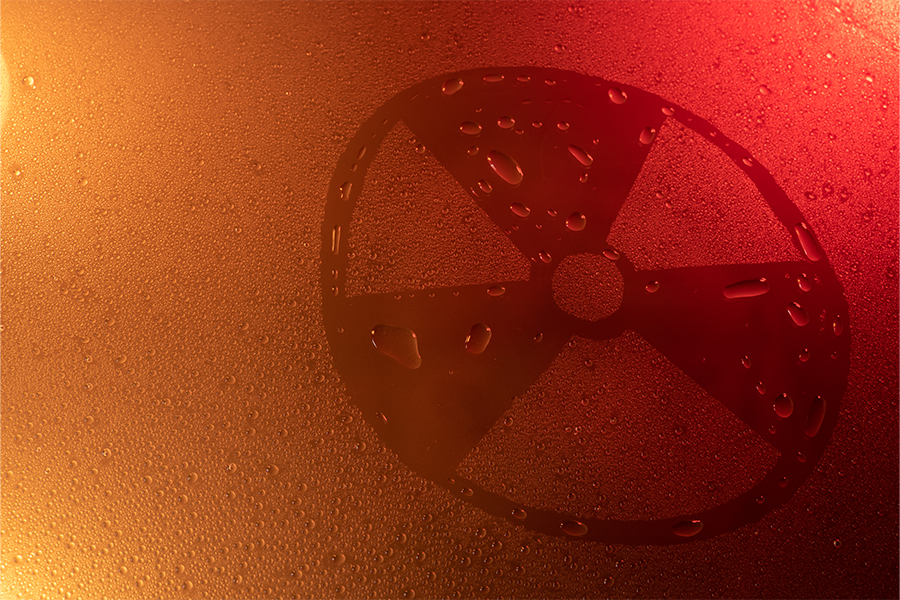Well Water
-

An estimated 1.7 million people in Georgia rely on 640,000 private wells for their drinking water supply. The Georgia Environmental Protection Division enforces EPA’s drinking water quality standards for human consumption in public water supplies according to the Federal Safe Drinking Water Act. However, private wells are not regulated. Consequently, private well water users are responsible for ensuring the quality and safety of their water supplies for domestic, livestock, and irrigation use.
This online tool provides interpretations and recommendations for drinking water quality. The user enters the test results from a water testing laboratory, then interpretation of data is automatically given. This tool also provides recommendations to the user when necessary.
The tool can be found at http://aesl.ces.uga.edu/water/recommendations/
Richard Hitchcock, Uttam K. Saha, and Leticia S Sonon
|
-

C 858-11
Iron and Manganese
Elevated levels of iron (Fe) and manganese (Mn) are two of the most common water quality problems in Georgia’s groundwater. This circular addresses problems associated with high levels of these two elements, levels considered to be a problem, and treatment options to remove the iron or manganese.
Pamela R. Turner, Uttam K. Saha, Rick Smith, Jake Mowrer, and Leticia S Sonon
|
-

C 858-16
Radon in Your Water
Radon is a naturally occurring, radioactive gas formed from the decay of uranium and radium found in geologic deposits. Exposure to radon gas most commonly occurs through elevated levels in home air. However, in Georgia and neighboring states there is a lesser, though still significant, risk of exposure to radon dissolved in drinking water. This circular addresses the issues on its occurrence, human exposure pathways, testing, interpretations, and remediation strategies.
Uttam K. Saha, Pamela R. Turner, Derek Cooper, Kathryn Holland, and David Parks
|
-

This publication covers microfiltration, which is used for physical removal of contaminants from water. It describes how these processes work, their situation-specific usefulness/applications, maintenance needed for their proper functioning, and guidance for the consumers to select the appropriate filter.
Uttam K. Saha, Douglas M. Collins, Gary L. Hawkins, Pamela R. Turner, and Laurel Dunn
|
-

Perfluoroalkyl and polyfluoroalkyl substances (PFAS) are a group of more than 9,000 manmade chemicals that have been in use worldwide since 1940, primarily in industry and numerous commercial and consumer products. The widespread use of PFAS for the past several decades has raised concerns due to their persistence, bioaccumulative nature, and potential adverse health effects. This publication provides information about the background, uses, and environmental and human health consequences of PFAS chemicals, as well as the EPA’s primary drinking water regulation standards and water treatment systems for removal/reduction of these chemicals from drinking water. Testing options and PFAS monitoring efforts by the Georgia EPD are included along with references for further reading.
Gary L. Hawkins, Pamela R. Turner, and Uttam K. Saha
|
-

C 1016
Odors in Your Water
Homeowners sometimes experience unpleasant odors in their household water. In many cases, the exact cause of the odor is difficult to determine by water testing; however, this publication provides a few general recommendations for treating some common causes of household water odors.
Uttam K. Saha and L. Mark Risse
|
-

B 1563
Oxidizing Filters
Private well waters often contain high levels of iron, manganese, and hydrogen-sulfide. While these contaminants are not considered to have any human health consequences, they can cause various issues such as staining, impaired taste, and odor problems once their concentration exceeds certain levels, and homeowners need an appropriate system to remove them—such as an oxidizing filter. Oxidizing filters operate using oxidation, which occurs when a substance comes into contact with oxygen or another oxidizing substance. Everyday examples of oxidation are rust and the brown color that develops on a cut apple. This publication discusses various aspects of oxidizing filtration technique such as applicability, types of filter media, maintenance, etc.
Gary L. Hawkins, Brenda Jackson, Pamela R. Turner, Uttam K. Saha, Laurel Dunn, and Laura Ney
|
-

Activated carbon, also called activated charcoal, is usually produced from charcoal in granular or powdered form. It is a form of carbon that has been processed (activated) to make it highly porous, with a very large surface area available for physical adsorption or chemical reactions. Among others, water treatment is an important application of activated carbon. Activated carbon filters treat general taste and odor problems, including chlorine residue, various organic chemicals, and the radioactive gas radon. This publication discusses various types of activated carbon water treatment systems, their usefulness and limitations, along with required maintenance.
Gary L. Hawkins, Pamela R. Turner, Uttam K. Saha, and Joel Burnsed
|
-

C 858-14
Uranium in Your Water
Uranium in your drinking water may be harmful to your health. If your water comes from a public system, it is routinely tested to ensure safe levels of uranium. If your source of household water is a private well, cistern or spring, you are solely responsible for the quality of your own drinking water. Private well owners are encouraged to monitor uranium through water testing.
Uttam K. Saha
|